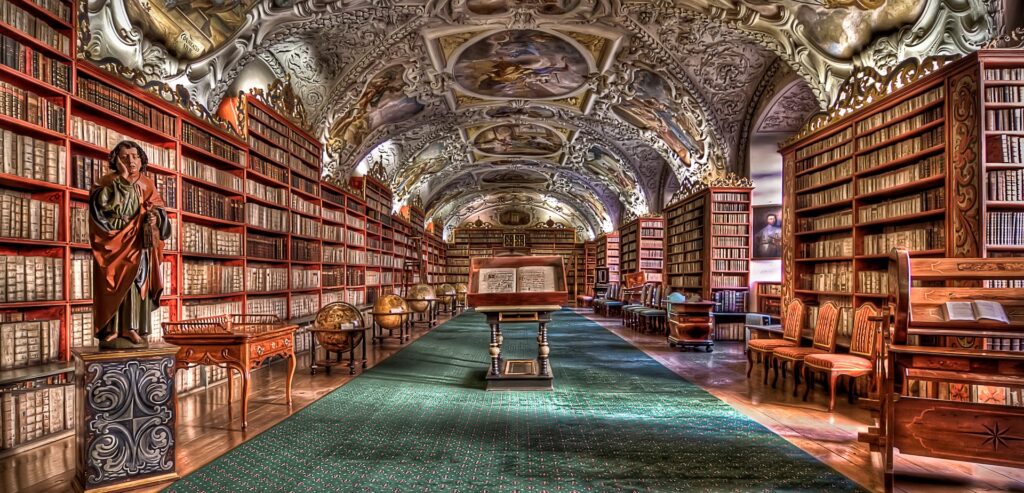By Angeliki Georgakopoulou,
Literature transcends all existence and is within all existence. And that is because, as a product of time and space, of human interactions, of emotions, behaviors, social codes, and historical data, literature functions as a living organism. One that lives and dies, adapts and changes, based on the people who breathe it.
Literature’s inherent capacity to transgress historical eras, literary movements, language, and physical barriers, establishes it as a dynamic living organism that feeds off of readers’ emotions, thoughts, and interpretations. Consider the distinguished works of writers such as Shakespeare, Milton, Keats, Coleridge, Austen, and much later, Hemingway, Fitzgerald, Woolf, and Atwood. What do all those pieces of literature have in common? At first glance, one may say they have none. However, as one delves deeper below the surface, they start to see how all of those tours de force have one thing that sets them apart from the forgotten oeuvres of other writers and visionaries — they understand language as a living entity and thus treat it as such: enabling its growth and development, by providing, in exchange, care and nurture. This is observed, not only through the array of literary techniques employed to decorate language with figurative ornaments but also, through the careful manipulation of words, often switching between prose and verse, so as to allow language to manifest her true self in all her glory.

As a living organism, literature does not merely function as a medium that mirrors or reflects the world, but also as one that constructs it. Its inherent capacity to imitate aspects of real-life through mimesis, according to Plato, allows readers to be socially awakened when seeing their world depicted in one’s words. This process of relating to literature serves two purposes; primarily, it enables audiences to be immersed in the fictional world, providing gratification of the senses, and secondarily, it encourages the active criticism of the status quo. By challenging common ideologies, subverting conventions, and questioning fundamental truths, authors give their readers access to power. The power of changing the world. Hence, it is only through deconstructing reality in fiction that one can reconstruct a world that abides by the rules of social justice, collective action, and humanism.
Finally, literature becomes a vehicle of escaping factual reality by choosing to live in a parallel fictional reality. As facts constitute the backbone of literature, it is only appropriate to say that they allow for the fabrication of worlds that ironically contain more truth than the real world. And that is because literature becomes a stage for the indirect examination of prominent controversial issues. It is the truth that derives from such a process that readers thirst for. It is that truth that authors engage their readers in or distance them from, depending on the messages that are conveyed each time. It is that truth that everyone must seek, when indulging in a new read or when attempting to thread together a couple of words hoping that one day, it’ll be appreciated by someone other than themselves.
Literature is above all else personal — all meanings are subjective, and all interpretations are contestants of truth. As long as we start to accept it as what it is — a living entity, inhabiting this world along with us.




